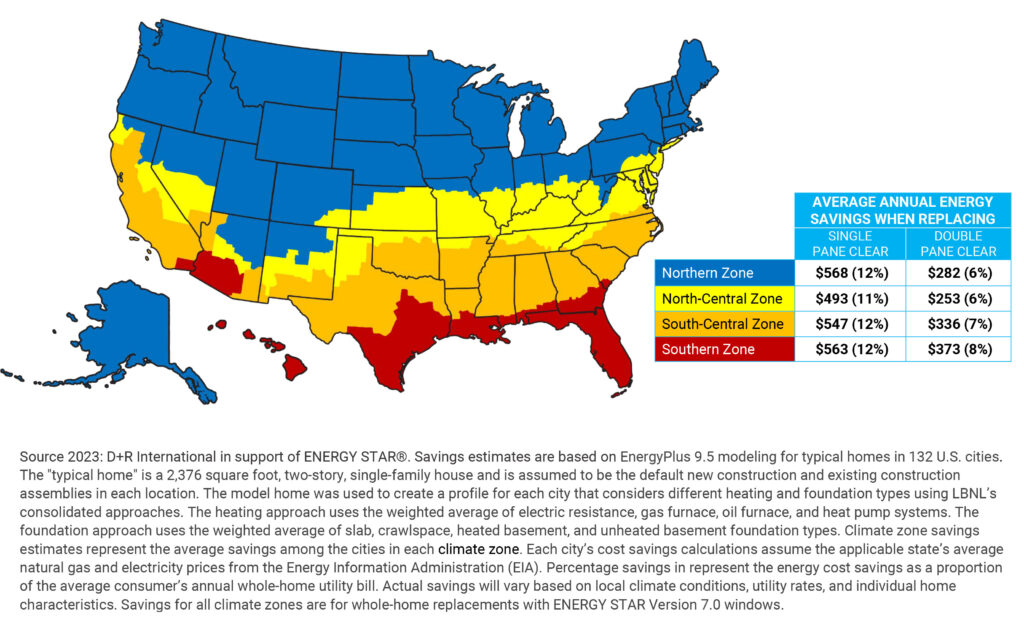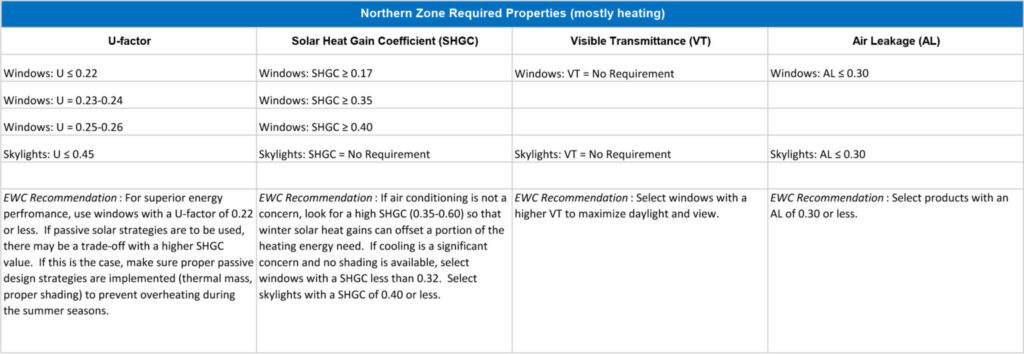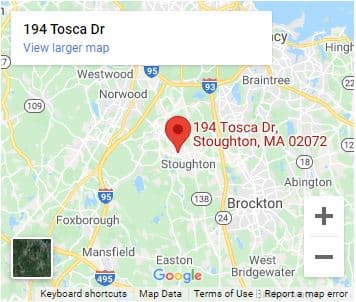New Massachusetts Energy Code In 2024
When purchasing and installing windows, doors, or skylights, window companies must comply with the new Massachusetts Energy Code. This energy code became effective in October 2023 and includes mandatory new energy efficiency rating requirements. Failure to adhere to these codes can have a significant impact.
Why Does Location Matter When It Comes To Energy Efficient Windows?
It’s all about location, location, location!
Your location in the United States plays a crucial role in energy-efficient windows. Depending on an area’s climate and geographical positioning, different types of windows can aid in reducing energy consumption. In colder climates, windows designed to minimize heat loss, such as those with double glazing or low-emissivity coatings, can be beneficial.
Conversely, windows that can deflect heat or reduce solar gain are desirable in warmer climates. The geographical orientation of your building also matters, as windows facing specific directions might receive more sunlight, requiring additional considerations for energy efficiency. Therefore, understanding your location and particular needs can lead to more efficient energy use.
For example, the stretch energy code for Stoughton, Massachusetts, is in the Northern Climate Zone, as indicated on the EnergyStar.gov map below. The Northern Climate Zone requires specific energy requirements due to the cold and warmer months.

To minimize heat loss during the winter, it is advisable to use windows with a lower U-factor. Similarly, one should opt for windows with a low solar heat gain coefficient (SHGC) in the summer to reduce solar heat absorption.
Additionally, double-glazing or applying low-emissivity coatings can enhance year-round energy efficiency. These features regulate indoor temperatures and decrease the output of your heating and cooling systems, reducing energy consumption.
Why Do Energy-Efficient Windows Matter, And What Are The Benefits Of Energy-Rated Windows?
Energy-efficient windows play a pivotal role in conserving energy, reducing costs, and enhancing the comfort and value of your home. By minimizing the use of your home’s heating and cooling systems, these windows help to significantly lower greenhouse gas emissions. Energy-rated windows prevent heated or cooled air from escaping your home. Minimizing artificial heating and cooling reduces the load on your HVAC system, translating into lower energy bills.
Moreover, these windows improve the comfort of your home by maintaining a consistent indoor temperature, irrespective of the weather outside. Also, properly energy-rated windows minimize condensation that can cause mold or mildew. Additionally, energy-efficient windows often include specific coatings that block harmful UV rays, protecting your home’s interior and furnishings from sun damage.
In economic terms, although energy-efficient windows may be more expensive initially, they result in substantial savings, reducing energy costs. Plus, they can increase the overall market value of your home, making them a sound return on investment.
Why Is The New Massachusetts Energy Code and Window Ratings Important?
Window ratings are crucial in guiding consumers to make informed decisions regarding their windows and climate conditions. They offer several benefits:
- Assisting in choosing the most suitable windows for a home’s specific needs.
- Enhancing energy efficiency, resulting in cost savings on energy bills.
- Reduced carbon footprint and promoting environmental sustainability.
- Strengthening the overall comfort levels experienced within the home.
When placing a window order, ensuring that the glass package and window features meet specific U-Factor and Solar Heat Gain rating requirements is essential. In Stoughton, Massachusetts, and the surrounding towns, there is now a minimum requirement of .25 U-Factor for new windows. However, the U-Factor may vary based on other glass features.
Federal Tax Credit and Massachusetts Residential Energy Credit Incentives
As part of the US government’s initiative to promote energy efficiency, federal tax credits for energy Star-rated windows incentivize homeowners and business owners to install these energy-saving replacement and new construction windows. The Federal tax code allows up to a 10% credit for qualifying energy-efficient improvements, including windows, doors, and skylights.
On the state level, Massachusetts offers additional tax incentives for Energy Star-rated windows under the Massachusetts Residential Energy Credit. Homeowners can claim an exemption for 15% of the total cost of the qualifying energy-efficient property, with a maximum credit of $1,000 per year, promoting a more sustainable living environment in Massachusetts.




